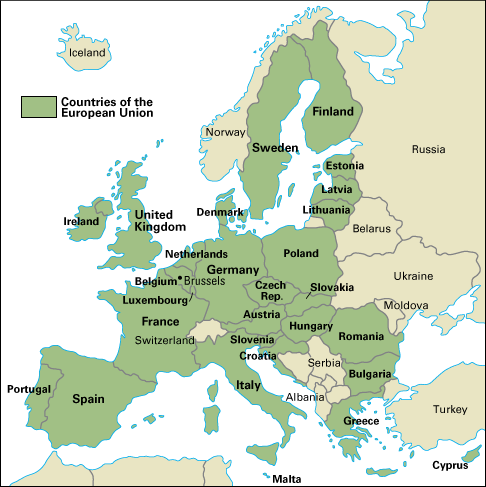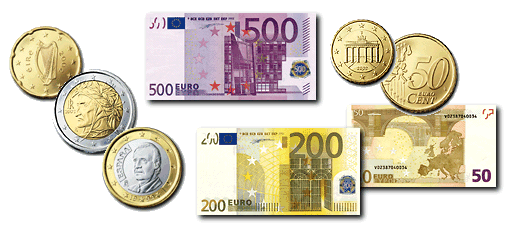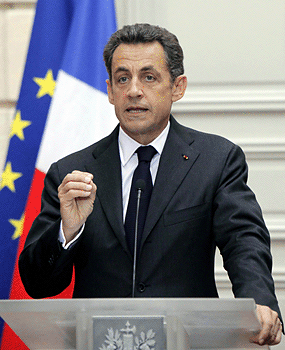New Greek Leader Sworn In
Wednesday, June 20th, 2012June 20, 2012
Antonis Samaras, the leader of Greece’s conservative New Democracy Party, was sworn in as prime minister, heading a three-party coalition that is committed to upholding Greece’s bailout commitments. His New Democracy party joined forces with the leftist PASOK party and the smaller Democratic Left party. The formation of the new coalition government ended–at least for now–a protracted political crisis that threatened to plunge Europe deeper into financial chaos. New Democracy won recent parliamentary elections with 29.67 percent of the vote. The leftist Syriza party, which came in second, ran on its opposition to the terms of a bailout that kept Greece from defaulting on its national debt earlier this year. European officials had warned that failing to live up to the terms of the agreement could result in Greece’s expulsion from the eurozone.
In March, the European Union and International Monetary Fund loaned Greece 130 billion euros (172 billion dollars), but the conditions were severe. The agreed upon program of “austerity” was designed to drastically lower Greece’s national debt. This was to be accomplished by slashing public sector jobs, the minimum wage, and old-age pensions; it also called for Greece to privatize–that is, to sell off–such publicly owned assets as transportation and utility companies. According to many economists, the austerity program has, in fact, plunged Greece’s economy deeper into recession–pushing unemployment higher and depressing tax revenues. These economists also argue that austerity has dragged Greece even deeper into debt.

The Parthenon crowns Athens, the capital of Greece. (© Dagli Orti, The Art Archive)
While not rejecting the terms of the bailout, Samaras’s New Democracy party seeks to change it. However, both German Chancellor Angela Merkel and the German foreign minister have stated that the substance of the bailout agreement is “not negotiable,” though the “timeframe could be discussed.” Speaking in Athens, Greek political and economic analyst Theodore Couloumbis noted, “The crisis has been postponed, not necessarily averted. For this [latest] government to last it has to show results. You can’t continue with 50 percent youth unemployment and a fifth straight year of recession.”
Additional World Book articles:
- Bond
- Euro
- Economics 2010 (a Back in Time article)
- Economics 2011 (a Back in Time article)
- Greece 2011 (a Back in Time article)
- Crisis in the Eurozone (a special report)





